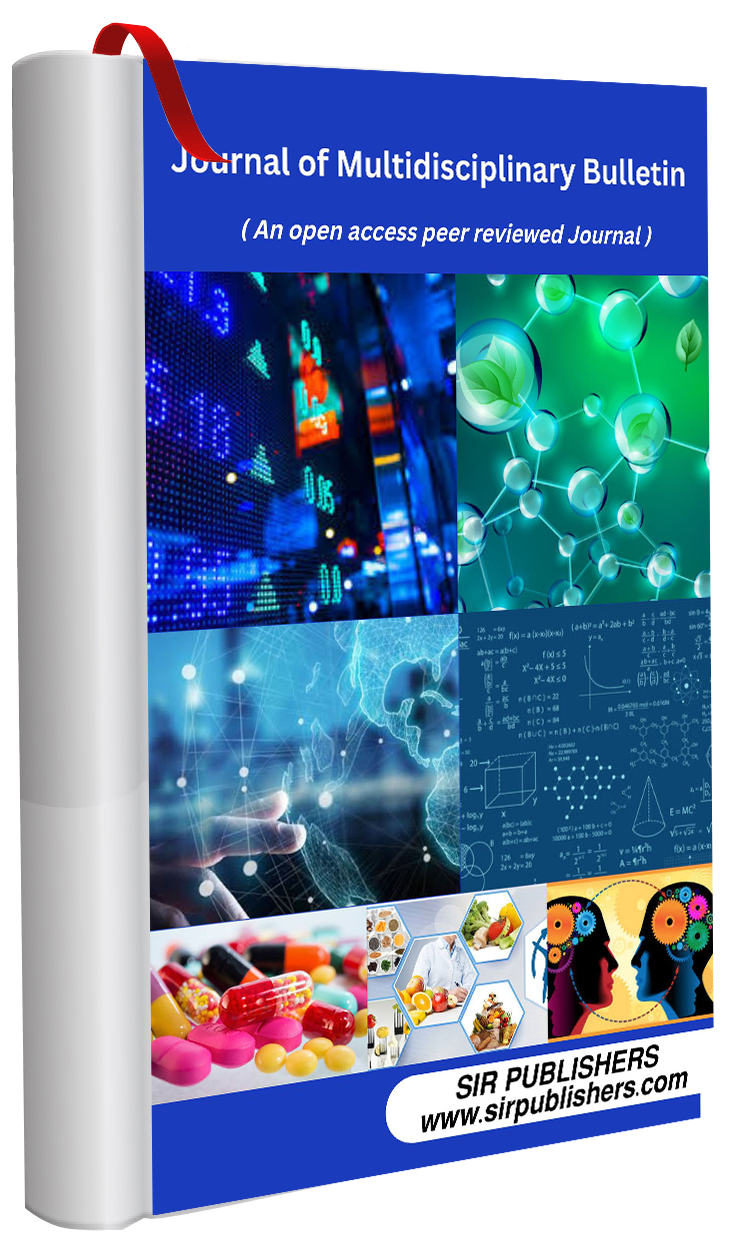AI AND THE FUTURE OF TEACHER ROLES: AUTOMATION VS. AUGMENTATION
Abstract
Artificial Intelligence (AI) is rapidly transforming education, raising critical questions about the future role of teachers. AI-driven tutors, automated grading systems, and virtual assistants are increasingly handling tasks traditionally performed by educators, leading to a shift in the teacher’s responsibilities. This paper explores whether AI will replace human educators or augment their roles, enabling them to act more as mentors and facilitators rather than traditional instructors. It examines how AI is currently being used in education, its impact on teacher-student relationships, and the skills teachers will need to thrive in an AI-integrated classroom. Additionally, the study presents statistical analysis and case studies from AI-driven educational institutions, assessing the benefits and challenges of AI in the teaching profession. The findings suggest that while AI can efficiently handle administrative and repetitive tasks, human teachers remain essential for fostering creativity, emotional intelligence, and critical thinking in students. This research concludes that the future of education will likely involve AI-human collaboration rather than full automation.
References
• World Economic Forum. (2023). The Future of Jobs Report 2023: AI and Education. Retrieved from www.weforum.org
• Brookings Institution. (2022). The Role of AI in Future Classrooms: Trends and Challenges. Retrieved from www.brookings.edu
• UNESCO. (2022). Artificial Intelligence in Education: Promise and Perils. Retrieved from www.unesco.org
• McKinsey & Company. (2023). The Future of AI in Education: Opportunities and Challenges. Retrieved from www.mckinsey.com
• Gradescope. (2023). AI-Driven Grading: Reducing Teacher Workload While Maintaining Quality. Retrieved from www.gradescope.com









